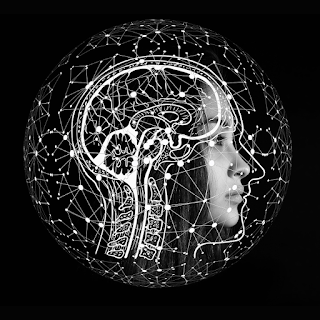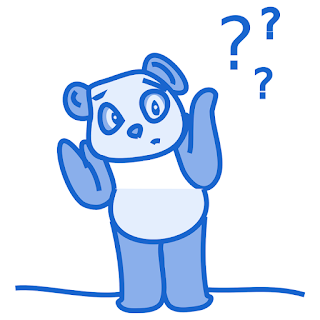 |
| Image by Gerd Altmann from Pixabay |
MY STORY
The implications of a computer system that analyses language and produces text in seconds, be it a factual or creative piece, has obvious worrying consequences for writers. Here's a personal example that might help explain.
Over Easter weekend my eldest went to visit his grandparents, while I worked on a suffragette story. On his return, he asked what I’d written, and I explained the premise, which included specific details relating to a daring attack on Winston Churchill that took place at Temple Meads Station in Bristol, in November 1909. The piece was written in the form of a letter.
My son then input what I’d shared – the bare bones of the story – into ChatGPT which created a piece in seconds. The programme was mind-blowingly quick and frighteningly accurate.
I then asked if the letter could be rewritten in a more formal, Victorian voice. Again, a new letter was produced in less than a minute.
What had taken me a whole day – both research (checking characters, dates, settings, language, dress etc.) then writing – had taken ChatGPT seconds to reproduce.
 |
| Computer Processor |
THE PROBLEM
But it wasn’t perfect. The voice was too stilted; something developers say will improve as users input more and more data.
WHAT DID I DO?
I read what ChatGPT produced, just as I would read other research material (reference books, blog posts, newspaper articles) then selected THREE words I felt would strengthen my story. But what did that mean? Was I cheating? Was it still my work? Does that mean MY story is now ChatGPT assisted?
I don’t know.
WHAT DOES THIS MEAN FOR BOOKS AND PUBLISHING?
Most authors find ideas come easily. We have notebooks and files stuffed with magazine clippings, random snippets of conversation, details of interesting places visited. The real difficulty is finding time to fix our bums on seats and write. And the act of writing is hard. It requires research, concentration, grammatical skill, knowledge of the craft, determination to spend weeks and months rewriting draft after draft after draft.
However, the introduction of ChatGPT, and other AI products like it (Amazon has just launched its version), mean there are already authors (some indie – independent of large publishers) saying they plan to write hundreds (yes, hundreds!) of books per year.
It would be easy to become despondent and say, what’s the point in continuing, assuming that whatever I write will become lost in the tsunami of books and writing that is bound to be coming our way.
But the truth is, I still have ideas I want to explore and stories only I can write (with or without the assistance of ChatGPT).
We live in interesting times, which will have implications for all industries, not just publishing. Artificial intelligence isn’t going to go away, and has implications for rights and author income, so all we can do is arm ourselves with knowledge.
WHAT DOES THIS MEAN FOR READERS?
As a reader, do I wish to know if a news article, blog post, novel or piece of flash fiction has been written by a human or assisted by a bot – yes, I do. But until regulation catches up, it’s unlikely we can be certain exactly what’s going at desks and kitchen tables across the globe.
How about you? Do you need to know if what you are reading was written or assisted by AI?
Or, if the novel/article is a page-turner/ interesting, does it matter?
WHERE TO TURN NEXT
A writer who is constantly ahead of what’s happening next, and brilliant at explaining futurist technology in an easy-to-understand, positive way, is author and podcaster, Joanna Penn. I recommend checking out her Creative Penn website and blog posts, as well as listening to her fantastic podcast.
Finally, for transparency, no AI was used when writing this blog post.
As for my original (non-AI assisted) suffragette story, it will be included in my debut flash fiction collection.
Rae x

.jpg)

